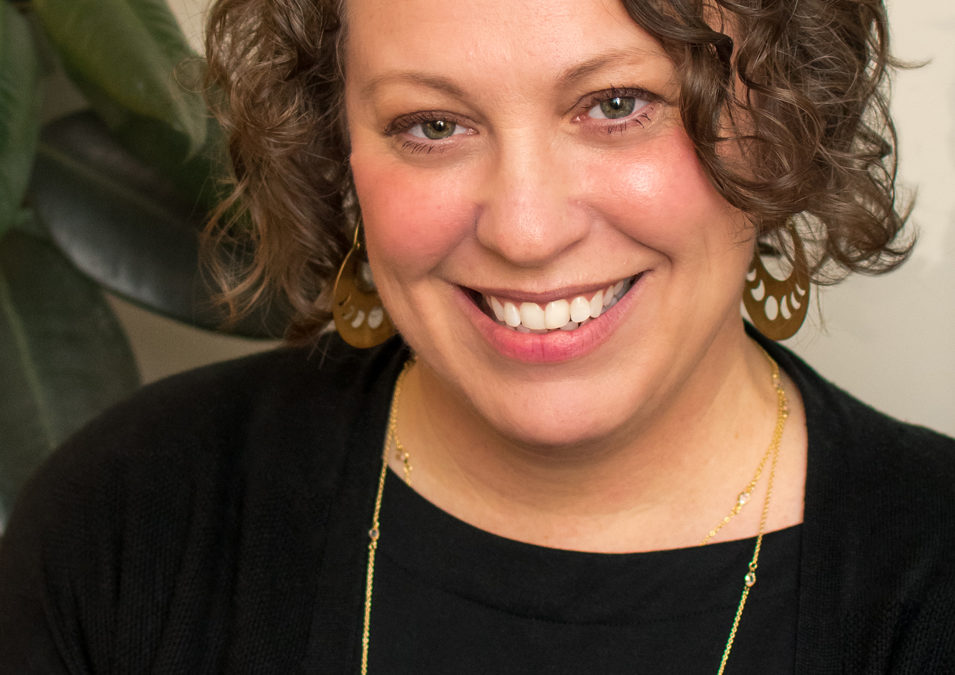There is a widely circulated news story that I frequently come across this time of year. It begins with a holiday invitation text sent by a grandmother. The intended recipient was the woman’s grandson, although she inadvertently sent the invitation to the wrong number and it was received by a random teenage boy. While most wrong number interactions would end when the mistake was discovered, this story continued. The individuals involved continued to talk and build a relationship that has lasted five years to this point. As a result of the mix-up, the teenager who is now a young man, has been welcomed by the text sender’s family for Thanksgiving dinner every year since the connection began.
What comes to my mind every time I hear this story is the idea that two complete strangers could cross paths by happenstance and end up with such a meaningful and lasting friendship. It speaks to the power of openness to new and unconventional experiences that offer a sense of belonging. Alternatively, though, this heartwarming story also brings to my mind the many people who feel alone and without connections in their lives. Of course, there are a multitude of reasons people may feel this way. For some there are barriers to spending time together due to geographical proximity of family members or sometimes there are other forms of losses within relationships.
One devastating way loss happens is through Family estrangement. In a family with estrangement, there is at least one family member who disconnects and distances from at least one other family member. Estrangement is not all or nothing, but actually happens on a continuum. On one end are individuals who limit their time and energy with family member(s), and at the other end there is no interaction or contact at all. In some cases, the distance is intermittent with periods of reconciliation and in others the estrangement is ongoing or even permanent.
One thing is for sure: all estranged families share themes of pain in the loneliness and isolation they commonly feel. The feelings tend to then be magnified by the stigma this kind of estrangement carries. There is increased shame and avoidance that comes with the need to hide or minimize experiences that do not feel safe to talk about. On top of that, deeply rooted societal messages advocate for the prioritization of family over all other relationships. Though this idea is less absolute in 2021 than it was in the past, there remains a sense of judgement felt by the individuals who make the decision to distance. They are often regarded by other family members and those outside the family as responsible for creating problems or acting in self-serving ways. What is more often the case is the person who distances feels compelled to create boundaries to maintain emotional safety for themselves or other family members for important reasons.
The reality is that individuals who find themselves faced with the decision of estrangement almost without fail spend years and sometimes decades attempting to reconcile with their families before they distance. Their attempts target unhealthy and sometimes abusive family patterns and dynamics that have been a source of pain over a long period of time. It is most often the case that the decision to distance is made as a very last resort and when other viable options have been exhausted.
It may come as a surprise to know that family estrangement is not rare. Around 40 percent of people will experience it to some degree, within their families, during their lifetimes. It happens much more than people believe it does. I do not know very much about the life or family of the young man in the news story above but it does seem that the relationship fills something for both him and the woman who texted him. It is my wish that the story inspires a sense of hope to those who feel alone and disconnected from their families and other relationships. While some individuals are able to create their own “families” that are often comprised of close friendships built over time, this is not the reality for others. I believe it is important to maintain awareness of the individuals who experience isolation and pain this time of year, particularly when the pressures to enjoy the season and connect with loved ones is so strong. For those who recognize someone you know in this article, I encourage you to reach out and check on them. For those who see themselves, I see you and I honor you.
Written By:
Carrie Niles, MA, LPCC
Individual and Family Therapist
Lakes Center for Youth and Families


Recent Comments